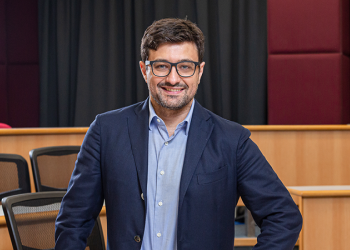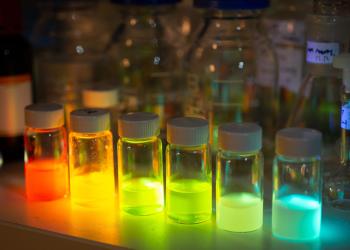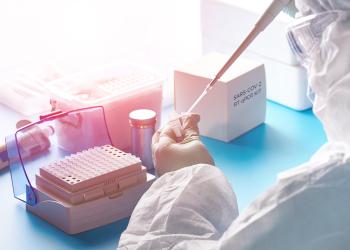News & Stories
2021
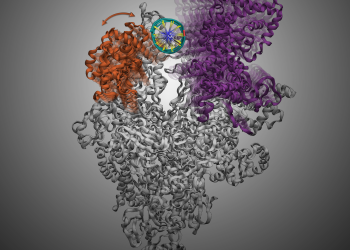
News
HKUST Scientists Discover How Antibiotics Target Bacterial RNAP to Inhibit Its Gene Transcription
A group of researchers at the Hong Kong University of Science and Technology (HKUST) has uncovered the mechanism of how DNA is being melted to start bacterial gene transcription and how one class of antibiotics inhibits this process – an important way in killing bacteria. This discovery provides useful insight on the development of new antibiotics for bacteria that is antimicrobial resistance.
2020
2019
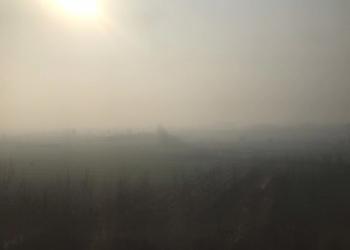
News
HKUST Researchers Untangle Links between Nitrogen Oxides and Airborne Sulfates Bringing New Hope to Improvement of Hazy Air Pollution
A research team led by scientists from the Hong Kong University of Science and Technology (HKUST) unveiled a first-in-kind study of nitrogen oxides (NOx) and its role in the rise and fall of airborne sulfates in hazy air pollution, offering policymakers new insights into ways to tackle smoggy weather.
Dense, hazy fog episodes characterized by relatively high humidity, low visibility and extremely high PM2.5 have been a headache to many megacities including those in Mainland China. Among pollutants that are less than 2.5 microns in diameter (PM2.5), airborne sulfate is one of the most common components of hazy air pollution formed atmospherically via the oxidation of sulphur dioxide (SO2).
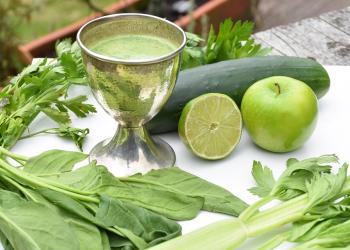
News
Here's a Drink to Acid Test for Pseudoscience
By Jason Chan, Lecturer, Department of Chemistry, HKUST
Science is hailed by modern society as an academic discipline of strict moral grounding and high integrity.
Almost every one would place some degree of trust in scientific studies as they are deemed to represent knowledge derived from empirical evidence gathered through meticulous experiments.
Given its high social status, there is no doubt that people would feel inclined to trust a product or service backed up by scientific studies or claims.
Unlike medical products and services that are tightly regulated by civil authorities, commercial use of scientific claims is less severely vetted.
This has created a grey area for pseudoscientists, who devise clever scams that have the appearance of science but are full of errors and lies.
One can learn well from a few recent (and still ongoing) examples - the alkaline diet and alkaline water scam.







